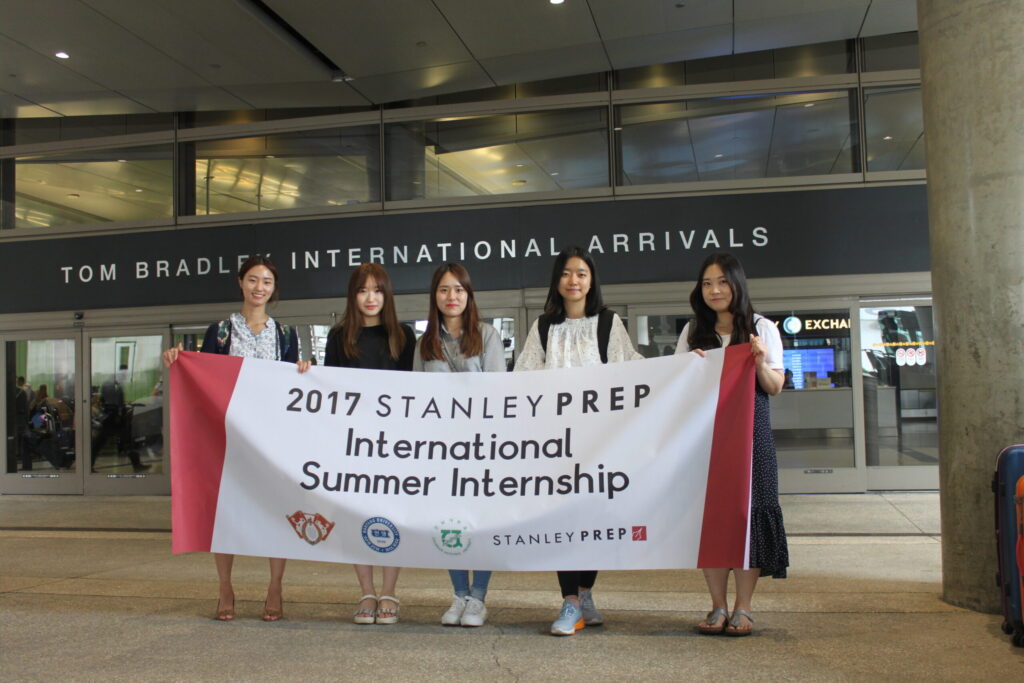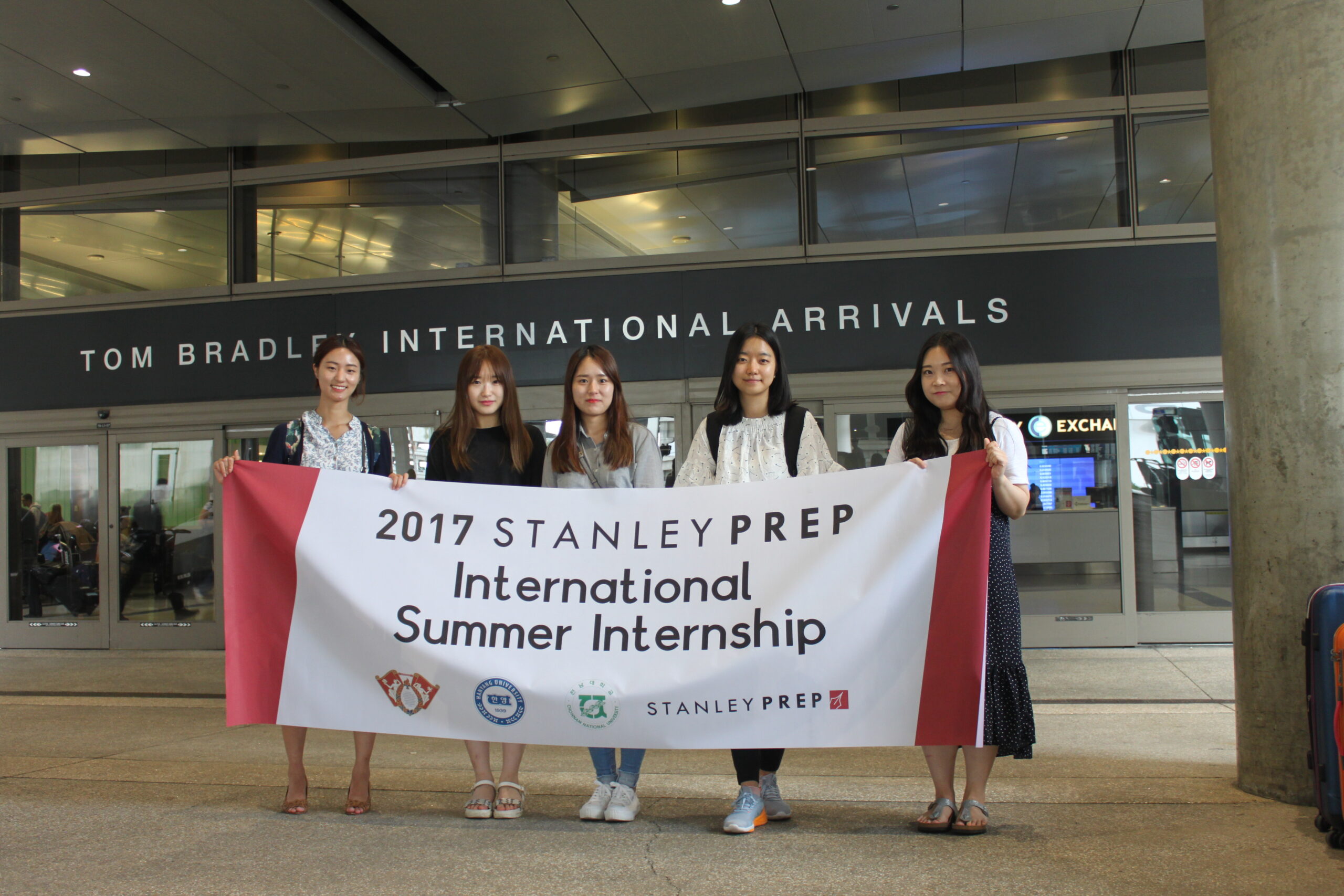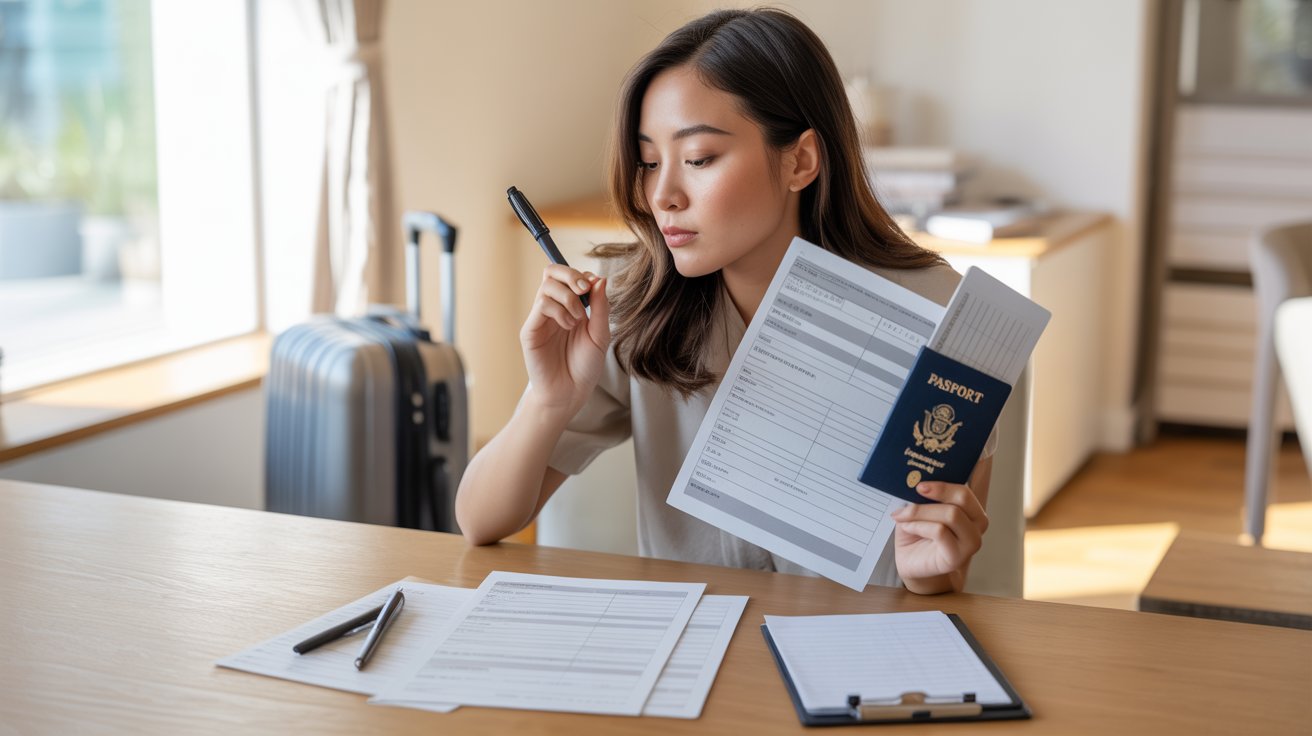The J-1 Visa offers unique opportunities for individuals from around the world to engage in work and study-based exchange programs in the United States. Whether you’re looking to gain hands-on experience as an intern, enhance your professional skills as a trainee, or participate in other cultural exchange programs, the J-1 Visa can be your pathway. However, one of the most important steps in the process is finding an official program sponsor, as only authorized sponsors can issue the required DS-2019 form necessary for your visa application.
Here’s how to find the right J-1 sponsor and ensure your application process goes smoothly.
1. Understand the Role of a J-1 Sponsor
J-1 sponsors are organizations approved by the U.S. Department of State to facilitate exchange programs. Their responsibilities include overseeing the selection process, guiding applicants through the visa application process, and providing support throughout the duration of the program. Sponsors are also responsible for ensuring that the programs meet the U.S. government’s requirements, including the focus on cultural exchange and professional development.
Most importantly, your sponsor will provide you with the Form DS-2019, which is necessary for your visa application.
2. Identify Your Program Type
Before you start your search for a sponsor, it’s essential to know which category of the J-1 Visa fits your goals. There are numerous categories under the J-1 Visa, including:
- Interns and Trainees: These programs offer work-based training for students and young professionals.
- Teachers and Professors: Participants teach or conduct research at accredited institutions.
- Students: For secondary or post-secondary students pursuing studies or internships in the U.S.
- Au Pairs and Camp Counselors: These programs offer childcare or camp counseling experiences while engaging in cultural exchange.
- Research Scholars: For individuals conducting research or academic study.
Each program type has different eligibility requirements and sponsors, so identifying your specific category will help narrow your sponsor search.
3. Research Approved J-1 Sponsors
The U.S. Department of State maintains an official list of designated J-1 Visa sponsors for each program category. You can access this list on the official J-1 Visa Exchange Visitor Program website. This is the best place to begin your search, as it ensures that you are only contacting authorized sponsors.
Once on the site, you can filter sponsors by program category, location, or other factors, making it easier to find those that align with your career and exchange goals.
4. Reach Out to Potential Sponsors
Once you have identified potential sponsors, you’ll want to start reaching out. Many sponsors have websites that provide detailed information about the programs they offer, eligibility requirements, and the application process. It’s crucial to:
- Visit Their Website: Review their specific program offerings and the application process.
- Contact the Sponsor: Send a formal email or use their inquiry form to ask any questions about the program. Be sure to explain your goals and how you meet their eligibility criteria.
Some sponsors may charge a fee to process your application or provide additional services, so it’s important to clarify these details upfront.

5. Prepare Your Application Materials
J-1 sponsors typically have their own application process, so make sure you prepare the necessary documents ahead of time. Commonly required documents include:
- Resume or CV: Detailing your education, professional experience, and skills relevant to the program.
- Cover Letter or Personal Statement: Explaining why you want to participate in the program, how it aligns with your career goals, and what you hope to achieve.
- Academic Transcripts: For students or recent graduates, these may be necessary to demonstrate your academic background.
- Letters of Recommendation: Some sponsors require references from professors, employers, or professional mentors.
Make sure to carefully review the application requirements for each sponsor and ensure that your documents are error-free and professional.
6. Understand Sponsor Fees and Costs
It’s important to be aware of the potential costs associated with applying for a J-1 Visa. Sponsors often charge program fees, which can cover:
- Application Processing: The cost of reviewing and processing your application.
- Program Fees: Some sponsors charge fees to place you in an internship or trainee position or provide additional services.
- Health Insurance: J-1 participants are required to have health insurance for the duration of their program, which may be included in the sponsor’s fees.
Be sure to clarify all costs before committing to a sponsor and factor these expenses into your overall budget.
7. Verify the Training Plan (DS-7002) for Interns and Trainees
If you’re applying for a J-1 Intern or Trainee Visa, your sponsor will work with your host organization to develop a DS-7002 training plan. This document outlines your specific training objectives, responsibilities, and learning outcomes during your stay in the U.S. Review the plan carefully to ensure that it aligns with your career goals and offers meaningful skill development.
8. Stay in Communication with Your Sponsor
Once you’ve applied and been accepted by a sponsor, stay in close communication with them throughout the process. They’ll help guide you through applying for the DS-2019 form, paying your SEVIS fee, scheduling your U.S. embassy interview, and submitting your visa application.
Make sure you follow their instructions carefully to avoid any delays or issues in the process.
9. Consider Sponsors with Specialties
Some sponsors, like Stanley Prep, specialize in certain program categories, such as internships or training. For example, Stanley Prep is authorized by the U.S. Department of State to provide J-1 Visa sponsorship for interns and trainees, making them a great option if you’re seeking hands-on work experience in a professional setting. Sponsors with specializations often have established relationships with host organizations, making the placement process smoother.
10. Explore Waiver Programs (if applicable)
If your program is subject to the two-year home residency requirement, you may want to investigate if you’re eligible for a waiver. Certain circumstances, such as persecution in your home country or the availability of specialized programs, can make you eligible for a waiver that would allow you to bypass the requirement and apply for another U.S. visa without returning home first.
Conclusion
Finding the right J-1 Visa sponsor is a critical step in the process of coming to the U.S. for an internship, traineeship, or other cultural exchange program. By understanding the role of sponsors, identifying your program type, and thoroughly researching potential sponsors, you can set yourself up for success. Remember, the key to a smooth application process is preparation, communication, and understanding your goals for cultural and professional exchange.

Ready to take your internship or traineeship to the next level? Contact Stanley Prep today to discuss the program that’s right for you!





